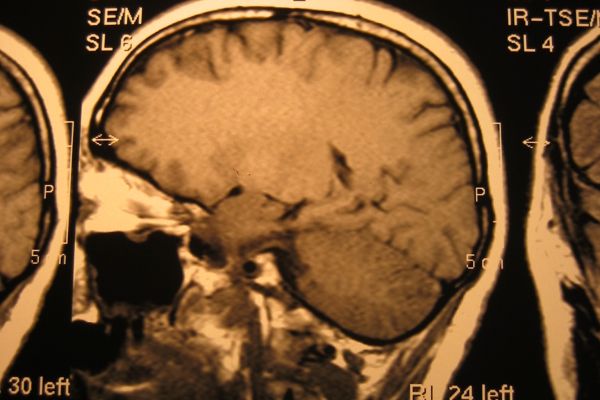Novel neurotechnologies: intervening in the brain
Report
Published 24/06/2013

The brain has a special status in human life that distinguishes it from other organs. It plays a central role in our movement and communication, our ability to make our own decisions, and our understanding of ourselves and our relationships with others – thus in many ways affecting our ability to lead fulfilling lives.
Intervening in the brain therefore raises important ethical and social concerns.
Foundational principles: beneficence and caution
Given the suffering caused by brain disorders and an absence of other suitable treatments, there is a need for therapeutic applications of neurotechnologies.
There is uncertainty about benefits and risks of these technologies, not only because of their novelty but also a lack of comprehensive understanding of how the brain functions and of the full range of work being done in this field.
The special status of the brain therefore provides both a reason to exercise beneficence by finding ways to intervene when injury or illness causes brain disorders, and a reason for caution when we are uncertain what the effects of this will be.
Key interests
We identified five key interests that must be considered in relation to novel neurotechnologies:
- Protection of safety, taking into account risks alongside expected benefits.
- Promotion of autonomy (both in the sense of supporting people’s capacity to make their own decisions and in the sense of protecting their sense of who they are).
- Protection of people’s privacy, bearing in mind that some devices may collect sensitive personal data.
- Promotion of equity both in terms of access to innovative products, and in addressing social stigma and discrimination.
- Promoting public understanding of and trust in novel neurotechnologies.
Virtues
In describing the kinds of behaviours and approaches that are needed to protect and promote these interests, we highlight three virtues that are especially relevant in guiding the activities of all parties across a wide range of settings and applications of novel neurotechnologies. These virtues are:
- Inventiveness – expressed through technological innovation and by identifying ways of providing wider access to therapies.
- Humility – acknowledging the limits of current knowledge and of our ability to use technologies to alleviate the harms of brain disorders.
- Responsibility – shown by robust research and clinical practices and by avoiding hype in communication about their potential uses.
These virtues should be exemplified in the professional practices of all those involved in the development, funding, use, regulation and promotion of novel neurotechnologies, and supported by the structures and rules of the institutions within which they work.

Share